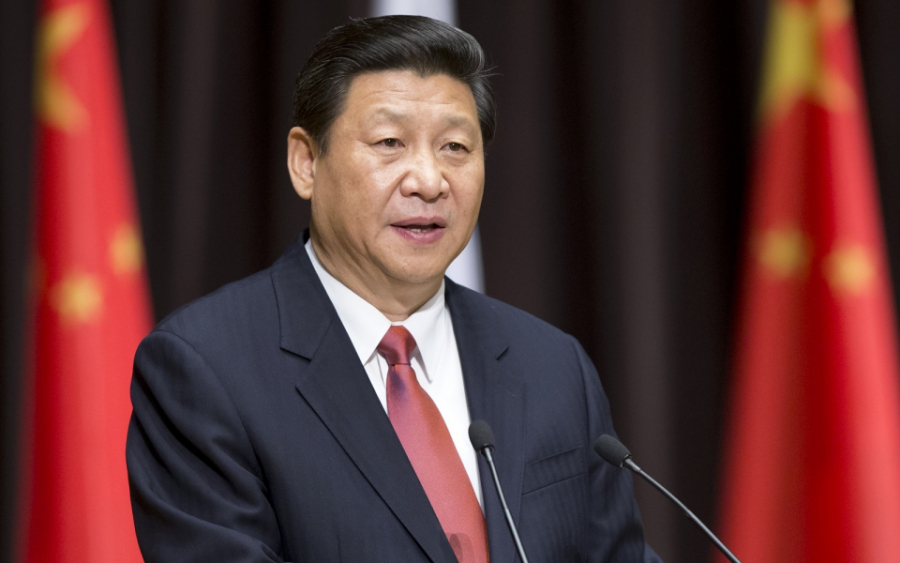Why is China increasingly embracing environmentalist policies? According to many spectators, recent headlines coming out of China would suggest to the casual onlooker that President Xi Jinping is the "world's leading environmentalist." In the past five years, his administration has pushed forth many high profile environmental policies that deal with reducing solid waste, reducing air pollution, and increasing initiatives that seek to preserve nature. Given President Trump's environmentally unfriendly agenda, China is a contender to replace the U.S. as a global leader on climate change initiatives.
However, experts believe that the Chinese government is currently caught in between the desire to vocalize its environmentalist efforts and genuinely increase the nation's awareness of environmental issues and a desire to balance its indulgence in environmentally unfriendly practices for the sake of practicality, in order to meet its ultimate goal of increasing its economic power.

As the top polluting nation with dozens of coal-fired power plants in the works, China is nonetheless increasing its efforts to fight global warming, and increase future sustainability by reducing its reliance on fossil fuels. Experts claim that this about-face is driven by the nation's concern about its air quality, which they ultimately view as a drawback to successful competition, as it burdens its workforce with poor health.
Xi Jinping seeks to pave the way for its clean energy business. One such inroad is the solar panel industry, in which China is a top producer. China currently tops the world's list as the biggest carbon emitter, even though it pledged two years ago to start a carbon market. In a carbon market, companies will trade carbon credits across a national market, thereby helping China cap emissions by 2030. China also has plans underway to help it derive 20% of its energy from non-fossil fuel energy sources.
However, any plans for a carbon market still must determine which companies will be incorporated, and which will not. Such a market will establish carbon caps, and implement a rule where the biggest corporate polluters must purchase credits from companies that pollute less. All companies will have incentive to cut emissions, because unused allocations may be sold for profit.

Two Chinese photovoltaic makers, Trina Solar Ltd.
Yet, while the environmentalist agenda continues, China is simultaneously raising a new crop of coal-fueled power plants, generating widespread suspicion that Chinese accounts of their own pollution metrics cannot be trusted. Furthermore, the sheer size of China's impact on the global environment could be a dealmaking tool they use in their favor, to either open up trade or shut it down, with the threat of increased pollution.
As for the carbon market, China has clarified that it hopes to progress in terms of infrastructure, development, and economic power while also establishing the rudiments of a carbon market.
- https://www.bloomberg.com/news/articles/2017-11-06/how-china-drew-respect-from-greens-while-boosting-its-pollution
- https://www.bloomberg.com/news/articles/2017-10-31/china-seeks-to-avoid-excessive-speculation-in-carbon-trading
- http://www.scmp.com/week-asia/politics/article/2119391/have-chinese-missed-takeaway-xis-environmental-message














